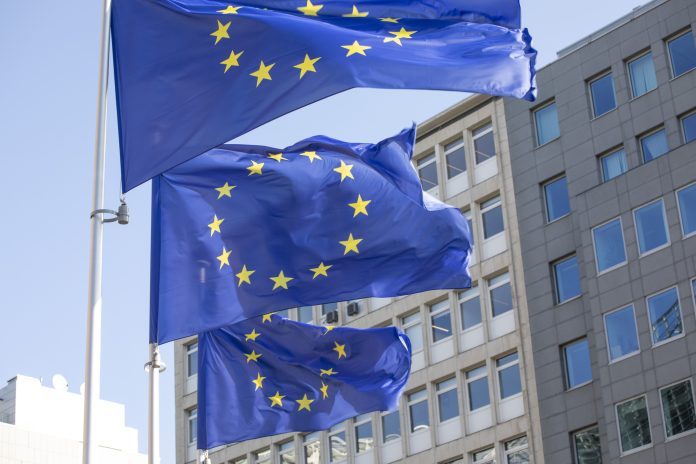Canada has officially joined the European Union’s Horizon Europe Pillar II, encouraging global scientific collaboration and innovation
In November 2023, the Canadian Government closed negotiations with the European Commission to join Pillar II of Horizon Europe as an associate country; yesterday, the papers were signed.
On the 3rd of July 2024, Iliana Ivanova, EU Commissioner for Innovation, Research, Culture, Education and Youth, along with Francois-Philippe Champagne, Canada’s Minister of Innovation, Science and Industry, signed the agreement that solidifies Canada’s participation in Horizon Europe’s Pillar II.
The negotiations conclusion was announced at the EU-Canada Summit in November 2023 by Commission President Ursula von der Leyen and Canadian Prime Minister Justin Trudeau, describing a new era of cooperation in tackling pressing global challenges.
What is Horizon Europe, and what are the benefits of Pillar II?
Horizon Europe, with a budget of €93.5 billion for 2021-2027, focuses on key areas such as climate change, sustainable development, digital transformation, and health advancements.
Horizon Europe Pillar II, specifically set for collaborative research endeavours, has been a beacon for international partnerships, offering Canadian researchers and institutions equal footing alongside their EU counterparts.
Pillar II targets major global issues and Sustainable Development Goals (SDGs) to enhance lives and safeguard the planet.
This association grants Canadian entities the opportunity to lead and participate in research consortia funded directly through Horizon Europe, therefore strengthening Canada’s contribution to cutting-edge innovations on a global scale.
Before the official agreement, Canadian entities were already engaged under a transitional arrangement, allowing them to participate in proposals aligned with Pillar II’s objectives starting from the 2024 budget onwards.
This transitional phase facilitated Canadian involvement in 155 ongoing projects under Horizon Europe, with notable funding achievements in diverse fields, including climate research, energy solutions, and digital technologies.
Horizon Europe expanding its global footprint
Marie Skłodowska-Curie Actions (MSCA), a cornerstone of Horizon Europe focusing on doctoral education and postdoctoral training, remains accessible to Canadian researchers, further enriching academic exchanges and collaborative ventures between Canada and EU member states.
The alliance between Canada and the EU under Horizon Europe shows a shared commitment to advancing scientific frontiers and addressing global imperatives. Canadian institutions have already received substantial funding amounting to over €6 million from Horizon Europe, underscoring the tangible benefits of this transatlantic research synergy.
Horizon Europe continues to expand its global footprint, with negotiations underway with countries like Switzerland, Japan, and Singapore. The addition of Canada to this group of associated countries further improves the programme’s capacity to foster innovation, resilience, and sustainable development worldwide.
This agreement not only strengthens Canada-EU relations but also reaffirms the pivotal role of science and innovation in addressing today’s most pressing challenges on a global scale.











